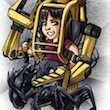The 30 best book to movie adaptations you'll want to watch AND read
These films started out as excellent books before being made into excellent movies
11. One Flew Over The Cuckoo's Nest (1975)
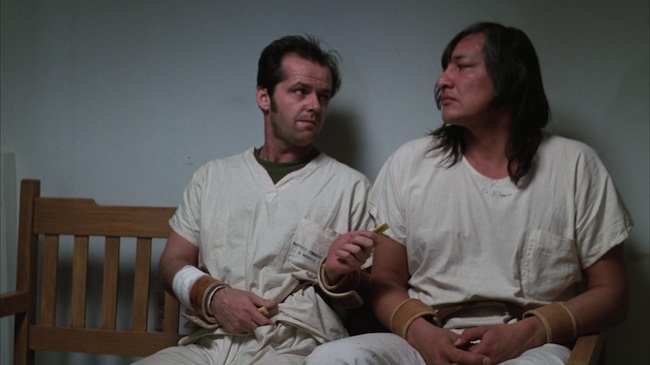
The Book: Working as an orderly at a mental health facility in California, author Ken Kesey penned the novel as a reaction to how patients were treated while under care.
The Movie: Loud-mouthed anti-establishment criminal Randle McMurphy (Jack Nicholson) is arrested and placed inside a mental health facility - where he prods, pokes and provokes the institution's failing system, namely the matronly Nurse Ratched. The second movie to ever bag every Oscar in the main five categories, Bromden narrates the novel, offering a series of insights to his life growing up. Director Milos Forman didn't care for this style of narration and dropped it from the film - which alienated Kesey from the project.
10. Schindler's List (1993)
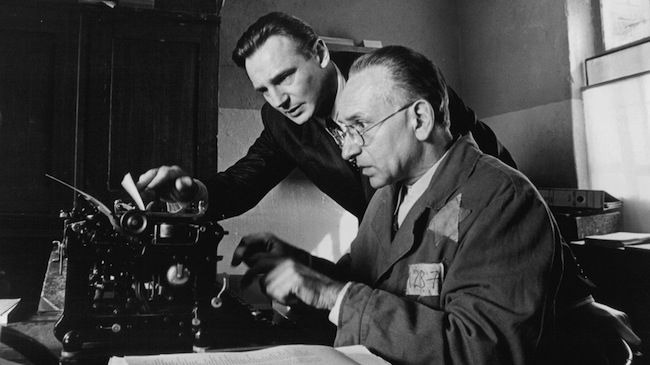
The Book: Australian author Thomas Keneally's fictional retelling of actual events surrounding a Nazi party member who came to the aid of the Jews in concentration camps across Germany and Poland.
The Movie: An epic historical blockbuster, Steven Spielberg's movie told the tale of Oskar Schindler, a German industrialist who provided jobs for 1,200 Jews sentenced to death. It cleaned up at the Oscars and made a leading man out of Liam Neeson in the titular role. The part of Schindler's accountant, Itzhak Stern (played by Ben Kingsley) was a composite of several actual men working for him.
9. Dr Strangelove Or: How I Learned To Stop Worrying And Love The Bomb (1964)
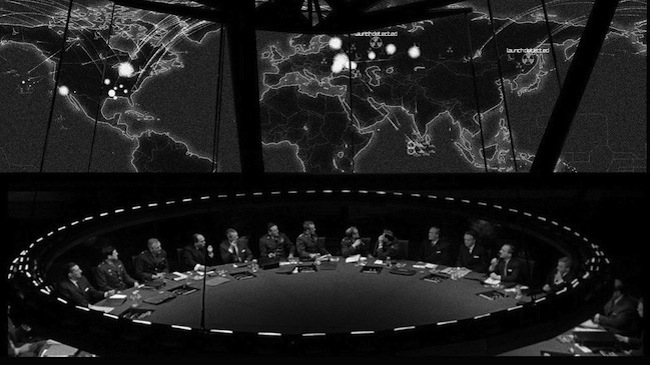
The Book: Written during a spate of novels surrounding nuclear hysteria, Peter Bryant's Two Hours To Doom (aka Red Alert in the U.S.) delves into the fallout after a paranoid U.S. general launches a nuclear missile headed for the U.S.S.R.
The Movie: Stanley Kubrick's loose adaptation morphed the bleak landscape of the novel into a black comedy with Peter Sellers centre stage tackling multiple roles. The world is saved in the book, whereas Kubrick thought it funnier to witness the planets demise.
8. Fight Club (1999)
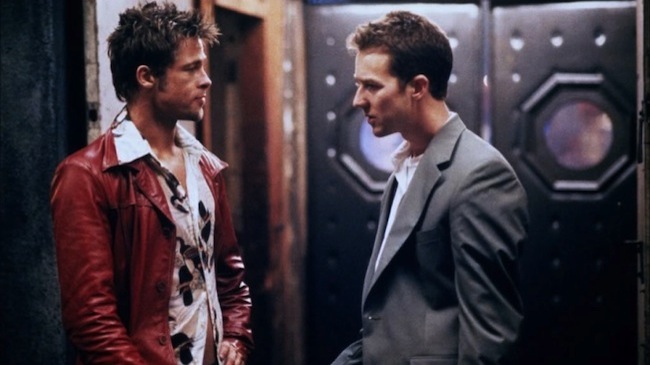
The Book: Chuck Palahniuk's debut novel was fleshed out after realising a short story he'd published about an unnamed man struggling with insomnia was worthy of expansion.
Sign up for the Total Film Newsletter
Bringing all the latest movie news, features, and reviews to your inbox
The Movie: Optioned by Fox, the studio brought the book to cinema screens under the direction of Alien 3's David Fincher. Considered a box office failure upon release, the film has since gone on to feature on many best-of lists for its depiction of emasculated men raging against their generation's woes. The seamless translation of the novel's twist ending has classified it as a must-see-twice flick. The Narrator meets Tyler Durden on a beach in the novel. In the movie, the two meet on a plane.
7. Psycho (1960)
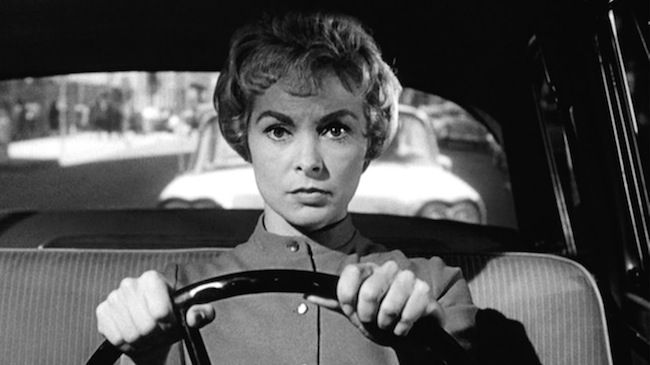
The Book: Psycho was a modest hit when published in 1959 by author Robert Bloch. Influenced by the ritualistic killings committed by Ed Gein in the sixties, he riffed on the notion of a monster living next door, creating the poster child for mummy's boys: Norman Bates.
The Movie: Terror-meister Hitchcock took to the slasher genre with zeal, relying on an absence of gratuitous gore to amp up the jumps - the fright of Marion Crane (Janet Leigh) after checking into the Bates Motel couldn't have been scarier. In the novel, Bates is an overweight boozer with a penchant for occult books. In the movie he's played by tall, handsome Anthony Perkins - who doesn't read.
6. The Shining (1980)
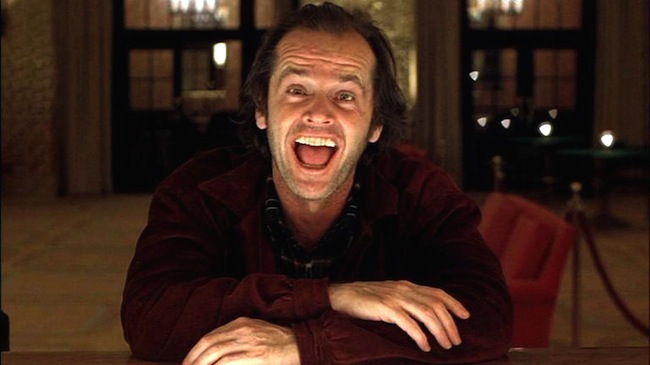
The Book: Stephen King's first foray into the haunted house genre, The Shining meshed the author''s own real-life struggle with alcoholism into the story of Jack, a writer battling to pen a novel while he and his family hole up in the deserted Overlook Hotel for the winter...
The Movie: Director Stanley Kubrick's loose adaptation borrowed from the novel's outline, using the unhinged writer in a haunted hotel framework as a suggestion. He shunned King's own screenplay for his own take. An unfaithful interpretation of the book (no moving hedge animals, we're afraid to say); the final product is a tour-de-force in relentless filmmaking. Terrifying and jarring (King was publicly angered at Kubrick's version), cinemagoers rejoiced. The novel ends with the hotel's boiler exploding - Kubrick did away with the meddling spectres and maintenance issues, and instead had Jack hunt down his family with an axe.
5. The Godfather (1972)
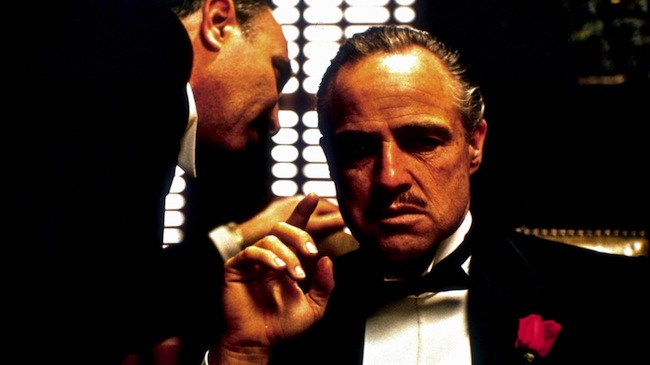
The Book: Italian-American author Mario Puzo's account of a fictional New York Mafia clan explores the inner workings of the Corleone family as they enter a war with their neighbouring enemies.
The Movie: Declared one of the greatest movies ever committed to celluloid, Francis Ford Coppola's gangster epic put Al Pacino on the map as up-and-coming Mafia boss, Michael Corleone, and follows his reluctant steps into the family business - and of course, his dealings with his father, Don Vito Corleone (Marlon Brando). A vast chunk of the novel explained Vito's background, in particular his climb up the Mafia ladder - all of which was cast aside for the movie. It did, however, form the basis of the sequel.
4. The Lord Of The Rings: The Return Of The King (2003)
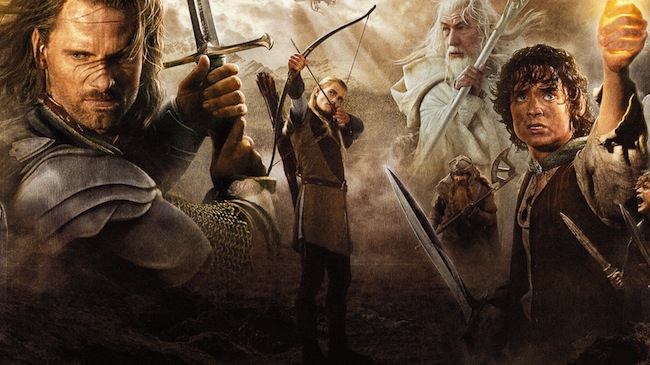
The Book: The third part of J.R.R. Tolkien's Middle-earth trilogy, The Return Of The King brought to a close the quest by Frodo and co. to destroy the One Ring once and for all in the perilous Mount Doom.
The Movie: Peter Jackson's crowning achievement, the final big-screen outing of the fantasy adventure world which started in Fellowship and The Two Towers came to a close amidst thunderous applause from fans and critics alike. It currently holds the record for biggest Oscar sweep, after winning all 11 awards it was nominated for. The filmmakers deemed the novel's final scuffle at Mount Doom 'anticlimactic' because Gollum falls to his death after accidentally dropping the One Ring into the Cracks Of Doom. For the movie's climax, Frodo and Gollum battle it out together.
3. Goodfellas (1990)
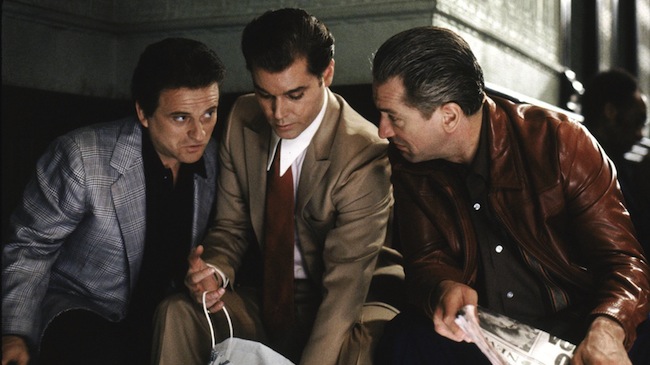
The Book: Nicholas Pileggi's non-fiction narrative, Wise Guy, recounts the story of the Lucchese crime family between the years of 1955 and 1980 through the eyes of Henry Hill and his cohorts.
The Movie: Adapted by Martin Scorsese and retitled Goodfellas, the movie follows Hill, a young whippersnapper, played by a never-better Ray Liotta, caught up with a local mobster crew led by Robert De Niro's Jimmy and Paul Sorvino's heavyweight boss, Paulie. Landing six Academy Award nods, it secured one - for Joe Pesci's supporting turn as the irascible Tommy. The "I'm funny like a clown?" scene was improvised by Pesci on set, and never appeared in the novel.
2. To Kill A Mockingbird (1962)
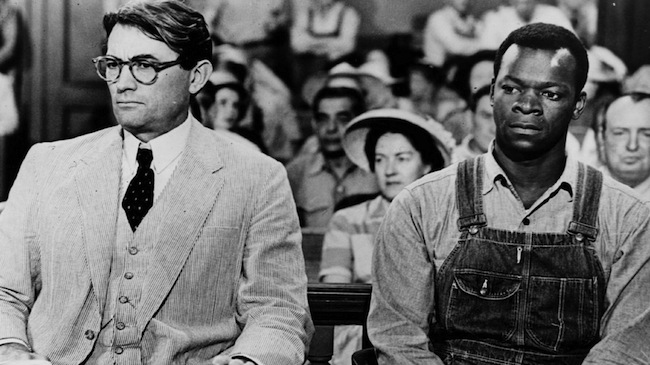
The Book: Harper Lee's deep South parable concerns lawyer Atticus Finch, who sets about defending an unjustly-accused black man on a rape charge. The Pulitzer Prize-winning tome has since featured on many English Literature curriculums.
The Movie: One of Gregory Peck's finest turns snagged him the Best Actor Oscar in the big screen adaptation of Lee's novel. A faithful recreation of the book, the big screen retelling brought the tale of injustice in small town America to a worldwide audience. It won three Oscars. The character of Boo Radley, played by Robert Duvall in his debut performance, is mute for the entire film. In the novel, he utters only one sentence when he asks Scout: "Will you take me home?"
1. The Shawshank Redemption (1994)
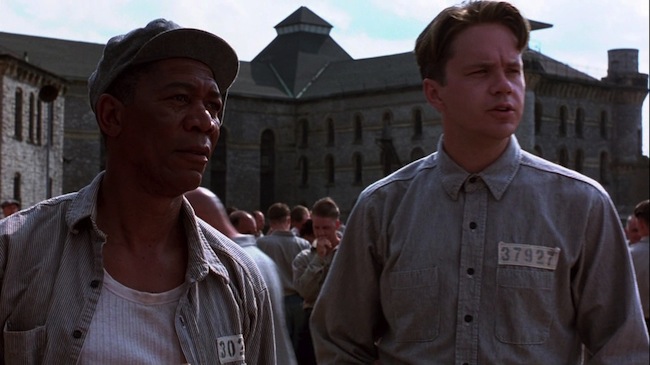
The Book: A novella featured in Stephen King's Different Seasons compendium, originally called "Rita Hayworth And The Shawshank Redemption".
The Movie: The first film to catapult Morgan Freeman into the stratosphere as THE best voiceover artist in Hollywood, Frank Darabont's adaptation cast Tim Robbins as wrongly incarcerated banker Andy Dufresne. A box office failure, the story of a man's hard slog in prison finally triumphed on home video - and has since been heralded as a cinematic masterpiece. In the book, the prisoners gather round to watch The Long Weekend. As the film was owned by a different studio Darabont rifled through the choices - and luckily the Rita Hayworth classic, Gilda, was available.
Gem Seddon is GamesRadar+'s west coast Entertainment News Reporter, working to keep all of you updated on all of the latest and greatest movies and shows on streaming platforms like Netflix and Amazon Prime. Outside of entertainment journalism, Gem can frequently be found writing about the alternative health and wellness industry, and obsessing over all things Aliens and Terminator on Twitter.
